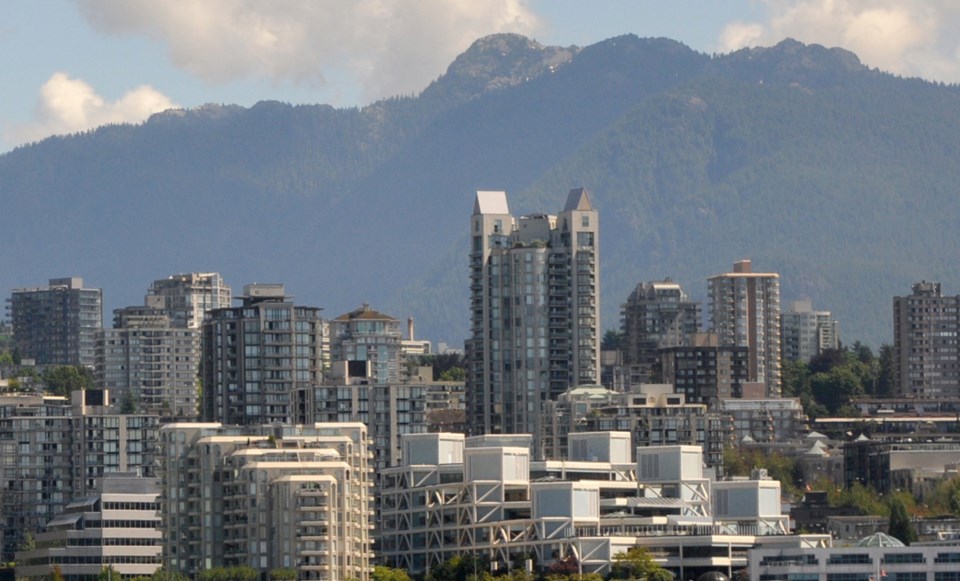Thousands of homeowners in North Vancouver will get to keep the provincial homeowners grant after the government announced Tuesday it is raising the assessment threshold at which owners no longer qualify for the help.
Finance Minister Mike De Jong made the announcement Tuesday morning in Vancouver.
The change raises the threshold at which owners begin to lose the grant from $1.2 million to $1.6 million of assessed value, an increase of 33 per cent from last year.
“We made the decision people who qualified for the grant last year should qualify for the grant this year,” said De Jong at a press conference Tuesday.
On the North Shore the change means thousands of owners in North Vancouver – and some condo owners in West Vancouver – who stood to lose their grant will now get to keep it.
“It certainly is good news,” said City of North Vancouver Mayor Darrell Mussatto, who added he’s heard from a few homeowners concerned they might be losing the grant.
District of North Vancouver Mayor Richard Walton echoed those comments.
“Obviously it’s good news for our homeowners, especially for those on fixed income,” he said.
According to information provided by the data company Landcor, those mostly likely to benefit on the North Shore include owners of detached homes in areas like Blueridge, Calverhall, Lynn Valley, Lonsdale, Norgate, Queensbury, Hamilton and Seymour, where average assessed values have risen above $1.2 million but are still just under the new $1.6 million threshold. Condo owners in Dundarave and Horseshoe Bay will also benefit.
Even so, the percentage of owners who qualify for the grant on the North Shore remains much lower than that of the rest of the province, thanks to skyrocketing assessments. Last year, about 34,600 homeowners – whose properties had to be valued below $1.2 million – qualified for the grant, out of approximately 70,000 owners on the North Shore overall.
That’s about half of all property owners compared to between 90 and 94 per cent of property owners provincewide who qualify for the grant. Of those who qualified last year, only about 13,900 were owners of detached homes.
In the District of North Vancouver, only about 60 per cent of homeowners qualify for the full grant, said Elio Iorio, manager of revenue and taxation. Even with the change in the threshold, about 1,200 homeowners will likely lose some or all of their grant this year, he added.
De Jong said the grant is intended to recognize people like seniors who “bought their home 30 or 40 years ago” and have seen its assessed value soar but who are living on a fixed income and don’t have the ability to absorb large property tax increases. “That’s the target” of the threshold change, said De Jong, adding loss of the grant – which is $570 for a basic grant and up to $845 for seniors – would be “very problematic” for those people.
But NDP housing critic David Eby said in terms of addressing housing hardships, “it’s not clear that benefits like this should flow exclusively to homeowners.”
Eby said the province should also consider giving grants to struggling renters.
Eby added million-dollar homes bought by foreigners using “students” and “housewives” as proxies still receive the homeowners grant. “That makes no sense to me,” he said.
Eby said to limit that, the grant should only go to people who pay income tax in B.C.
The province projects it will spend $820 million on homeowners’ grants in 2017-’18, compared to $809 million last year.
The highest threshold for homeowners’ grants in the past was $1.3 million in 2013. That was lowered the following year as a cost-saving measure. De Jong said Tuesday it’s possible the threshold could be lowered again in the future if housing assessments fall.



